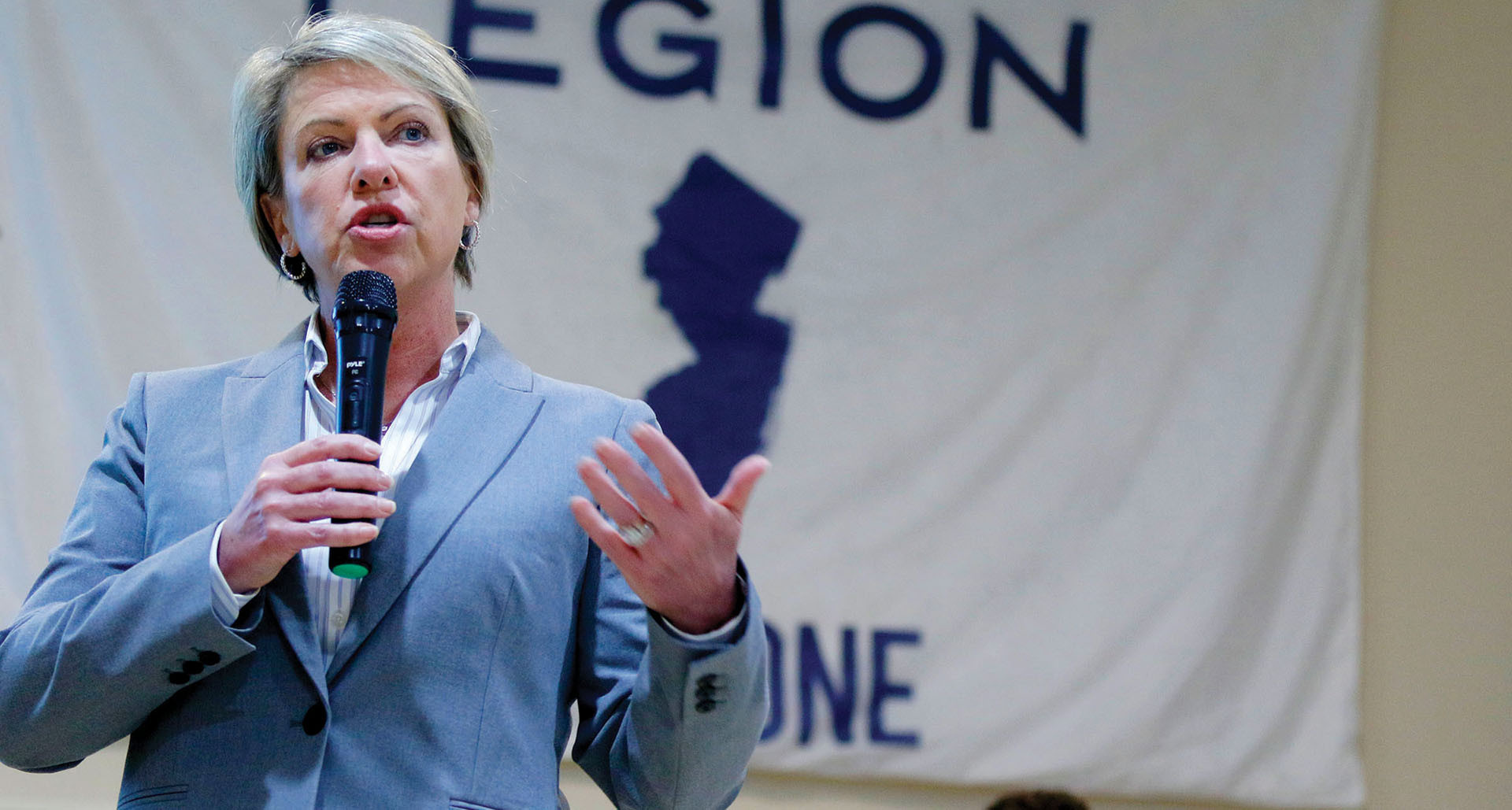
Columbia Protocol champion Wendy Lakso shares the impact of the suicide prevention training, what’s ahead and more.
As part of its Be the One mission, The American Legion has partnered with the Columbia University Lighthouse Project to conduct in-person and virtual training sessions to reduce the incidences of veterans and servicemembers lost to suicide.
During September’s Suicide Prevention Awareness Month, more virtual training sessions will be conducted. The free, 90-minute sessions lead participants through the protocol, which has been proven effective to use with veterans and others who may be in crisis.
Wendy Lakso, director of partnerships and veteran and military initiatives for the Columbia Lighthouse Project, is among those deeply involved. The American Legion connected with Lakso, whose husband served in the Army for 30 years, for this Q&A that addresses the initiative, notable successes, what’s next and more.
Question: You've been a part of The American Legion-Columbia training initiative since the start a few years ago. Assess the progress thus far and what’s ahead.
Answer: The progress has been powerful and deeply encouraging. What started as a few pilot suicide prevention trainings has now grown into a nationwide Columbia Protocol adoption within the Legion. We've trained Legion Family members across many departments in the country, empowering them with the Columbia Protocol, the most rigorously tested suicide risk screening tools in the world.
What makes this partnership so impactful is how seamlessly it fits into the Legion’s mission to "Be the One." Looking ahead, we are building out sustainability: train-the-trainer programs, layered support and deeper connections across communities. Our aim is simple: make this tool as familiar to Legion members as the Pledge of Allegiance, something they can call on without hesitation when someone is in need.
Equally important is the role of family. Suicide prevention is not just about individual awareness. It's about equipping the entire support network. Family members are often the first to notice when something is wrong, and when they are empowered with the right tools and knowledge, they can be lifesaving allies. The training has changed attitudes in a way that we’ve never seen before. People are eager and excited to save a life.
Question: Can you share some success stories from trainings conducted at American Legion functions?
Answer: One of the most powerful indicators of the training’s impact is what happens after the class ends. It’s incredibly common for participants to share how the training has changed the way they think about suicide prevention. They often say things like:
· “I am a suicide survivor, if someone had asked me these questions or talked to me in the manner taught, I am pretty sure I would have not gone through with the attempt.”
· “I’ve been in the Legion for years, and I wish we had this sooner."
· "Now I know what to say—and I won’t be afraid to say it."
These kinds of reflections are consistent and inspiring. They show that the training isn't just educational, it’s transformational. It equips people with confidence, language, and a renewed sense of purpose when it comes to supporting their fellow veterans and community members.
Question: For past participants, is there a benefit to retaking the training again?
Answer: Absolutely. Just like CPR or first aid, the suicide prevention training and role playing with the Columbia Protocol benefits from regular refreshers. Not only does it help reinforce the steps and normalize the language, but we’ve also updated materials to reflect lessons learned. Every training offers new insights, new stories, and often, a deeper level of confidence. Veterans are natural leaders, but in this space — where stigma still runs deep — even the most confident among us benefit from repetition, reinforcement and renewed connection.
Question: What are the next steps?
Answer: The future is layered and ambitious in the best way.
First, we want every Legion post to have at least one trained Columbia Protocol champion that will go on to be Train the Trainer certified for sustainability within their post and across their communities. Beyond that, I’d love to work with Legion members and partner with local schools, faith communities, gyms, even bars and barber shops—anywhere veterans gather.
Suicide prevention doesn't happen in clinics alone; it happens in everyday conversations. With the Columbia Protocol in their back pockets, Legionnaires are uniquely positioned to lead that national shift. Our partnership with the Legion is helping to bring the life-saving Columbia Protocol to all hands and exponentially save more lives.
- Be the One

